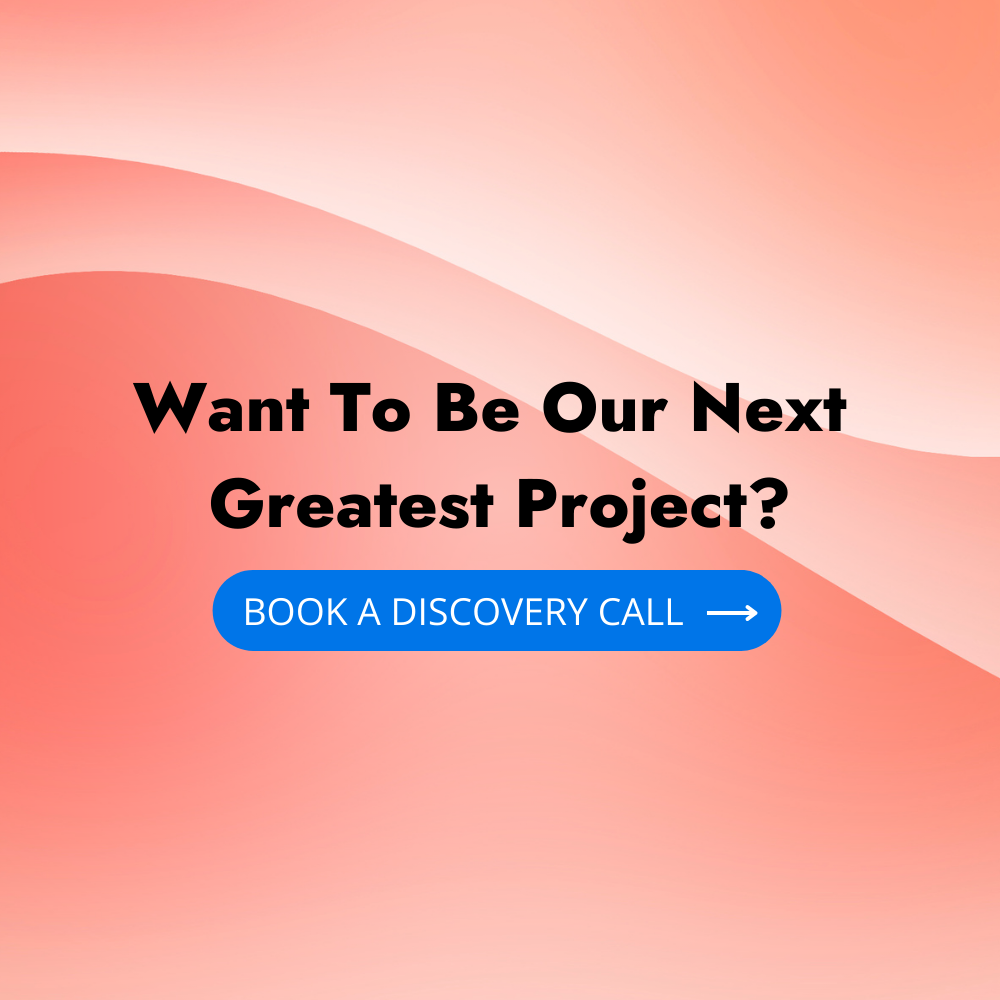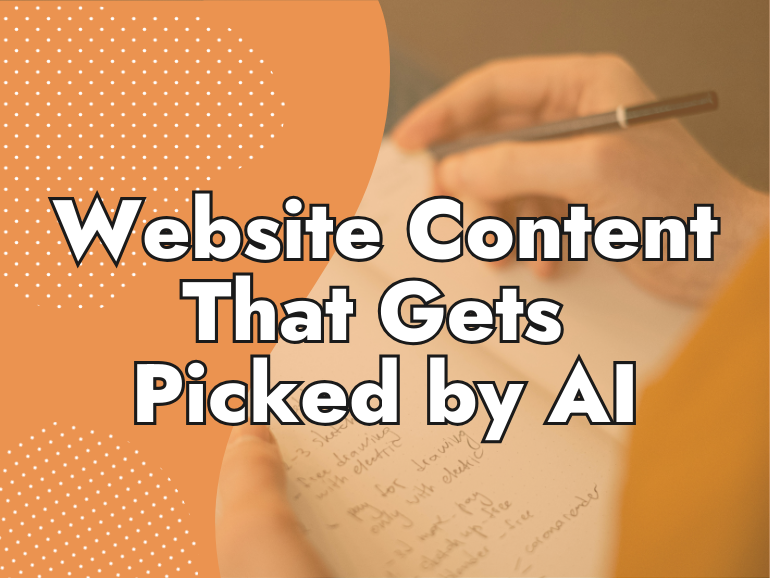AI Optimization vs SEO: What Your Business Needs to Know
Search is evolving fast, and AI-driven tools like ChatGPT and Google AI Overview are changing how people find businesses. Traditional SEO still matters, but now you need to optimize for both humans and machines. Learn how to future-proof your digital strategy and capture more leads in 2025 and beyond.
Written by Carissa Krause
Last updated August 11, 2025 • First published July 25, 2025
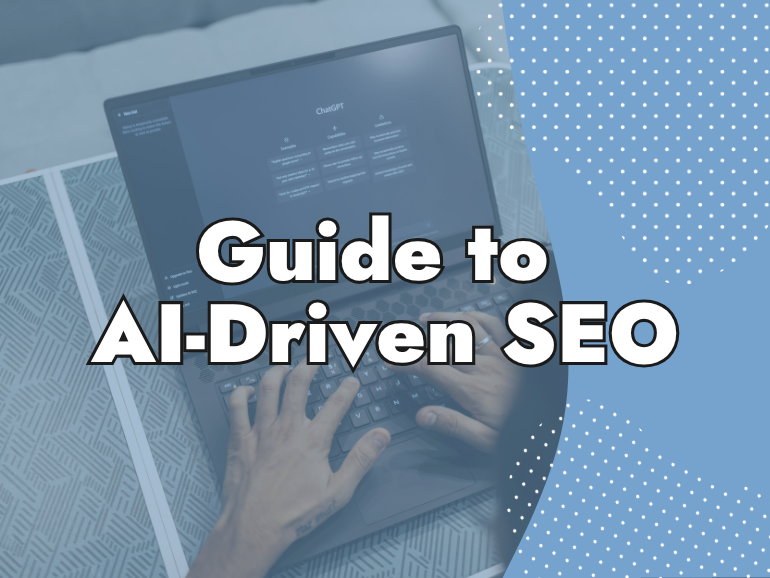
TL;DR – How to Optimize for AI Search and Google in 2025
- AI is expanding, not replacing, SEO. AI-driven tools like ChatGPT and Google AI Overview now play a major role in how people search, but traditional SEO is still your foundation.
- Search habits are changing fast. Users ask detailed, conversational questions and expect instant, personalized answers without digging through multiple search results.
- Content must be structured for AI. Clear headings, concise summaries, FAQ sections, schema markup, and fast-loading pages help AI engines read and surface your content.
- Authority signals drive visibility. Verified credentials, expert insights, reviews, and trusted backlinks make your brand more likely to be featured in AI-driven results.
- AI SEO and traditional SEO work together. A unified strategy ensures your brand reaches both humans and machines, maximizing visibility and lead generation in 2025 and beyond.
In case you haven’t noticed, search is no longer just about Google rankings. AI tools like ChatGPT and Perplexity are changing how people find businesses, ask questions, and make decisions. So, how can your website and marketing adapt to stay visible in this new era?
It is a question many business owners are starting to ask. In fact, one of our clients recently reached out for clarity as they look to stay ahead of these changes:
“Someone told me we should be considering AI optimizing as well as Search Optimizing. What does that even mean? Should we be thinking differently now that people are using ChatGPT and other tools to search?”
It’s a great question, and one we’re hearing more often. And we love to hear this future forward thinking from our clients. The short answer?
Yes, people’s search habits are changing. But that doesn’t mean SEO is going away. It means the definition of “search” is growing. And that’s an opportunity for your business.
Let’s unpack what this shift means and how to make sure your website and online presence are ready.
What Is AI Optimization, Really?
Traditional SEO focuses on helping your website rank well in search engines like Google. It’s about showing up when people type (or speak) a question into a search bar.
LIKE WHAT YOU’RE READING?
If these articles are helpful,
imagine what our team
can do for you!


More Traffic. Leads. Business.
I want to show you how SEO can grow your business in ways you haven’t seen before.
More Traffic. Leads. Growth.

I want to show you how SEO can grow your business in ways you haven’t seen before.
AI optimization is a little different. It’s about showing up in tools powered by artificial intelligence. AI tools like ChatGPT, Google’s AI Overview, Perplexity, and other AI-driven assistants are increasingly being used to answer questions and summarize content.
These tools don’t work exactly like search engines. Instead of crawling your site and ranking you on a results page with other websites, they gather information from multiple sources, summarize what they find, and deliver a single answer or a short list of recommendations.
To show up in those answers, your content needs to be:
- Easy to understand
- Well-structured
- Authoritative and trustworthy
- Written in a way that helps AI tools extract meaning quickly
How is AI Changing Search Habits?
First things first, let’s take a look at how we’ve seen search habits change as this sets the precedent for knowing how to optimize for AI.
Search used to mean going to Google and visiting a number of websites in order to piece together a sufficient answer to your question or problem.
Now? People are asking questions directly to tools like ChatGPT. They’re getting product comparisons, vacation ideas, and even legal or medical advice in a neatly summarized answer without ever visiting a single website.
We’ve seen a shift towards people demanding instant, highly personalized and conversational answers without having to visit multiple websites. Furthermore, users are spending more time asking complex questions instead of browsing links because AI-powered systems now provide fast, direct, and highly relevant answers to multi-faceted queries.
Here’s what we see changing and what it means for your business, marketing strategies, and how your SEO mindset will need to adapt.
Website Traffic is Down Due to Direct Answers and Zero-Click Results
Users increasingly receive summarized answers and product recommendations directly Google AI Overviews without visiting websites. As a result, traditional website clicks are dropping. Furthermore, some people are skipping Google all together and going straight to ChatGPT to find their answer or solve their problem.
Keywords are No Longer Good Enough for Conversational and Natural Language Searches
People are moving away from keyword-based queries and instead ask questions using natural, conversational language. Search engines now interpret complex, multi-part, and context-rich questions, often returning deeply personalized or multi-step responses.
Search Results are Personalized and Provide Predictive Search Experiences
AI search engines leverage user data, such as past searches, tone, and preferences, to provide tailored answers. Results adapt in real-time to anticipate intent, offering a unique experience to each user rather than generic “one-size-fits-all” links.
Search Goes Beyond Google with Multi-Platform, Blended Search Journeys
Rather than relying solely on Google, users are blending different platforms like search engines, generative AI tools, voice assistants, and social media based on the nature of their questions. This means search habits now mix traditional engines with AI-first tools according to context and intent.
Search Now Includes Text, Visual and Voice
AI enables users to search with images, voice queries, or even a combination of modalities (text, image, voice). This broadens the search landscape to smartphones, smart devices, and emerging tech like augmented reality.
5 Ways We’re Boosting SEO with AI-Centric Strategies
The good news is that you don’t have to throw out everything you know about SEO. In fact, strong technical SEO and content strategy are the foundation of AI visibility.
There is a huge opportunity here. Integrating AI SEO with your current strategy helps capture high-converting traffic as users shift toward asking detailed, intent-driven questions. These long-tail queries often lead to faster decisions and fewer clicks through multiple results, so optimizing for them ensures you deliver exactly what users are seeking.
Here’s where to focus your efforts:
1. Keep Your Site Structured and Scannable
AI tools and generative engines, like traditional search engines, rely on a clear site structure to understand and interpret your content. AI and machine learning models “read” structure to surface relevant segments in responses and answer boxes, so well-structured pages are prioritized.
With this in mind, our SEO teams focus on content structure and readability by:
- Using clear H1 and H2 headings, bullet points, and logical HTML formatting.
- Making navigation intuitive and content divided into digestible sections.
- Incorporating summaries or key takeaways at the top or end of pages to give AI models concise points to pull from.
- Incorporating tables, lists, and charts where relevant, as structured elements are easier for AI to extract.
- Implementing structured data (schema markup) for articles, FAQs, products, reviews, and events so AI can recognize context and serve your content in rich results and AI-generated summaries.
- Making page speed and Core Web Vitals a priority, as AI systems favour fast-loading, accessible pages.
Why it matters: A clean, scannable layout helps both search engine crawlers and AI-driven systems find and showcase your most valuable information, increasing your chances of appearing in AI Overviews, voice search, and other zero-click results.
2. Answer Real Questions with Natural Language
Users are turning to AI and search engines with longer, conversational questions, often looking for quick, trustworthy answers. To meet this shift, your content must anticipate these queries and provide clear, natural responses.
Our SEO teams focus on making content question-friendly by:
- Researching the exact questions customers ask on calls, in reviews, and online forums.
- Integrating these questions as headings, subheadings, or FAQ sections so AI can easily identify and surface them.
- Writing answers in a natural, straightforward voice that feels human while remaining clear for algorithms.
- Including concise, stand-alone answers (40–60 words) near the start of sections to improve odds of appearing in AI summaries or featured snippets.
- Using supporting context (ie. examples or step-by-step explanations) so answers satisfy both quick readers and deeper researchers.
- Applying FAQ schema to help AI tools pull your responses into rich results and voice assistants.
Why it matters: Content that speaks directly to user questions is more likely to be featured in AI-driven answers, voice results, and zero-click summaries, capturing audiences who may never scroll through a search results page.
3. Show Your Expertise and Authority
AI-powered search engines and generative tools prioritize content from credible, trustworthy sources. They cross-reference brands, authors, and citations to determine whose insights are worth surfacing in AI-generated summaries and answer boxes.
Our SEO teams build trust signals throughout your site by:
- Displaying author bios, credentials, and professional experience on blogs and resource pages.
- Highlighting company history, client testimonials, case studies, and certifications on service and about pages.
- Incorporating expert quotes, original research, and unique insights to distinguish your content from generic competitors.
- Referencing credible sources and linking to authoritative publications to strengthen trust.
- Earning mentions and backlinks from trusted industry websites, directories, and media outlets to validate your brand.
- Regularly updating key content to keep information current and aligned with industry standards.
Why it matters: Clear signals of expertise and authority are essential for ranking in both traditional search and AI-driven results. Brands recognized as trustworthy are far more likely to be featured in AI summaries, voice answers, and other high-visibility placements.
4. Optimize for Both Machines and Humans
Modern SEO requires a balance: AI tools and search engines prioritize websites that serve both algorithms and real people. Your site must be technically sound and user-friendly to earn trust from both.
Our SEO teams strengthen performance by:
- Using schema markup to provide machine-readable context for large language models and smart search.
- Prioritizing fast load times, mobile-first design, and clear calls to action so visitors can navigate easily.
- Running ongoing technical SEO audits to identify and fix structural, link, and crawl issues.
- Ensuring clean, lightweight code that avoids unnecessary scripts and makes crawling seamless.
- Optimizing accessibility (alt text, proper headings, contrast) to improve user experience and favorability with AI-driven systems.
Why it matters: Sites that pair technical health with excellent user experience are far more likely to be classified as “trusted sources” by both traditional search engines and AI-driven tools, boosting visibility across emerging search formats.
5. Create Content That Works Beyond Your Website
AI engines pull from the entire web, not just your domain. Building a broader digital footprint makes your brand more likely to be referenced as a trusted source, no matter where people (or AI) look for answers.
Our holistic SEO and Digital Marketing approach can extend your reach by:
- Maintaining a consistent, valuable presence on LinkedIn, Reddit, YouTube, and other relevant platforms.
- Sharing thought leadership, answering questions, and actively engaging in industry forums and communities.
- Repurposing high-performing content into multiple formats (ex. social posts, video clips, transcripts, and presentations) to increase reach and discoverability.
- Earning brand mentions, shares, and backlinks across respected sites to strengthen credibility beyond your own domain.
- Tracking off-site engagement and visibility to identify which platforms drive the most AI and search exposure.
Why it matters: AI-powered engines often reference trusted voices across the web when generating answers. The more your brand is visible and active outside your site, the greater the likelihood that AI and search tools will surface your expertise, no matter the platform.
The bottom line is that strong technical SEO and content built for people remain your competitive edge as long as you evolve, leverage AI-driven insights, and build authority across channels. AI isn’t replacing SEO fundamentals, but amplifying the value of brands that get them right.
SEO vs. AI Optimization in Practice: How They Work Together
Understanding the difference between SEO and AI optimization is only useful if you can see it in action. Below are three real-world scenarios, each showing how traditional SEO and AI SEO serve different purposes, and how combining both creates more opportunities for leads.
1. Tradesperson: Local Electrician
- SEO in Action: An electrician in Vancouver creates a services page titled “Emergency Electrical Repairs in Vancouver.” When a homeowner searches “emergency electrician Vancouver” on Google, the page ranks at the top thanks to relevant keywords, location targeting, and a clean structure.
- AI SEO in Action: The same electrician adds an FAQ answering “What should I do if my power goes out in Vancouver?” in a direct, conversational tone. When someone asks ChatGPT, “What to do if I lose power at home in Vancouver?” the AI includes the electrician’s response as a quoted recommendation.
- Why Both Matter: The SEO-optimized page attracts local search traffic, while the AI-friendly FAQ builds brand visibility and trust even when users never click through.
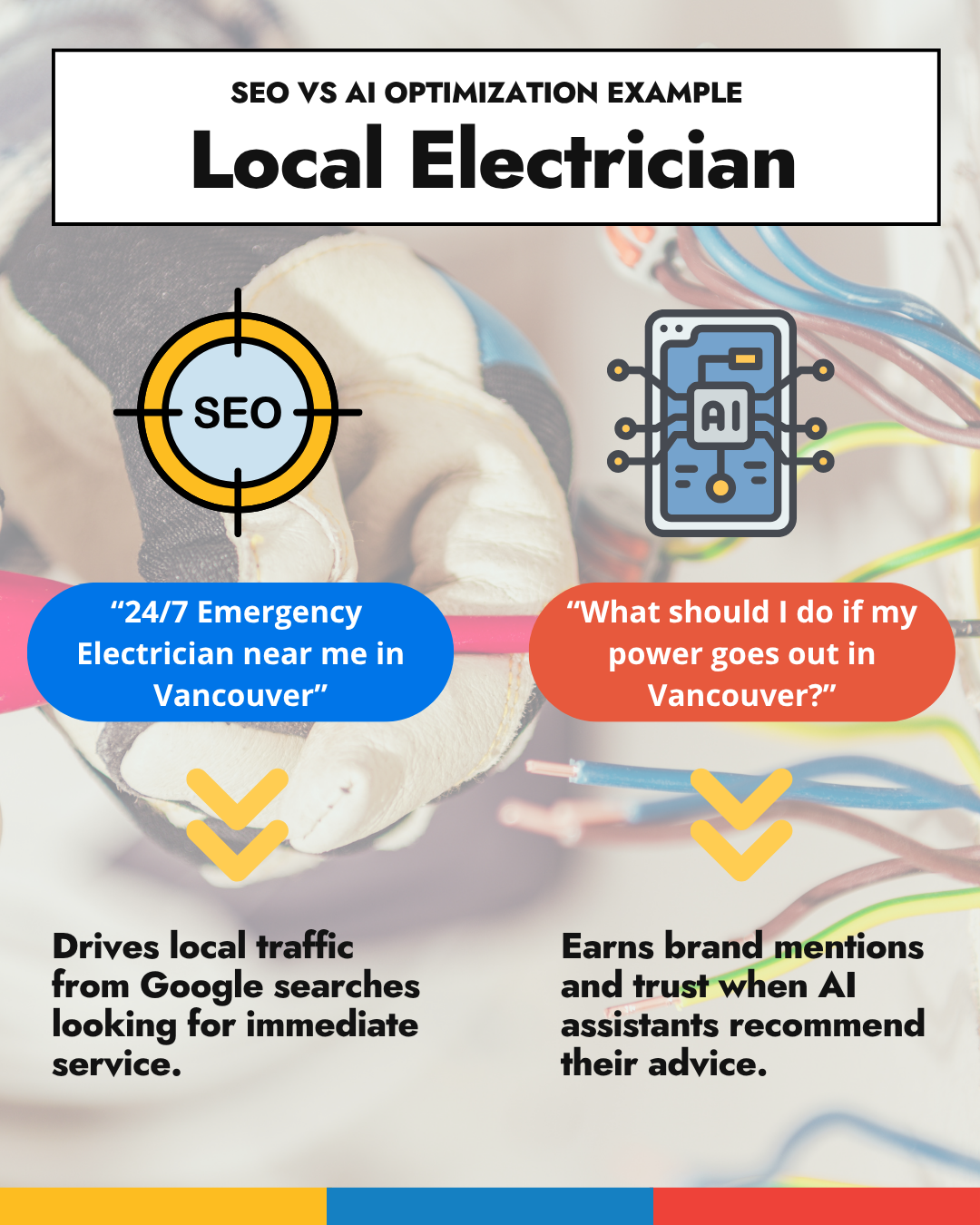
2. Professional Business: Law Firm
- SEO in Action: A Toronto law firm focused on small businesses publishes a blog titled “5 Legal Steps to Start a Business in Toronto.” It ranks on Google for searches like “how to start a business legally in Toronto” because of keyword-rich headings, strategic linking, and domain authority.
- AI SEO in Action: The same blog answers questions like “Do I need a business license in Toronto?” and “What permits are required for new Toronto businesses?” in a conversational style. When a potential client asks a generative AI, “What legal documents do I need to start a business in Toronto?” the law firm’s explanations are summarized and cited as a trusted source. Attorney profiles, credentials, and case studies on the site reinforce credibility in AI-driven results.
- Why Both Matter: Answering niche, client-focused questions and showing proof of expertise help the firm dominate both search listings and AI summaries.
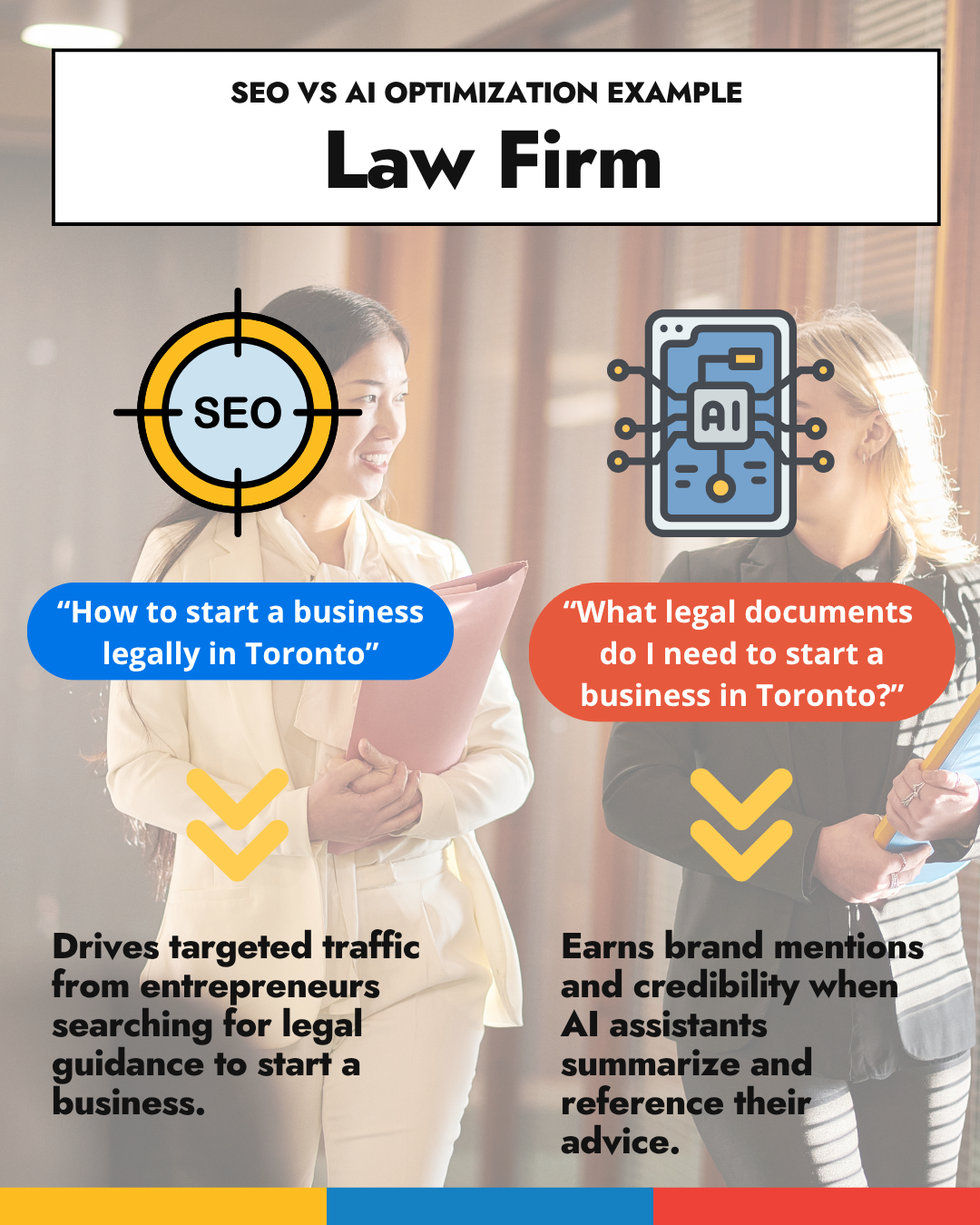
3. Hospitality: Boutique Hotel
- SEO in Action: A boutique hotel in Whistler builds a landing page titled “Best Boutique Hotel for Families in Whistler.” It ranks on Google for searches like “family-friendly hotels Whistler” due to targeted keywords, high-quality visuals, guest reviews, and a fast site experience.
- AI SEO in Action: The hotel enhances visibility by featuring guest testimonials, interactive FAQs, and blog content answering questions such as “What is the best time to visit Whistler with kids?” When a parent asks an AI assistant, “Which hotels in Whistler are good for families?” the assistant pulls details from the hotel’s site, reviews, and social content, recommending it without a direct click.
- Why Both Matter: Showcasing authentic guest experiences and distributing content across forums, TripAdvisor, and social channels ensures the hotel appears in AI-powered recommendations and conversational searches.
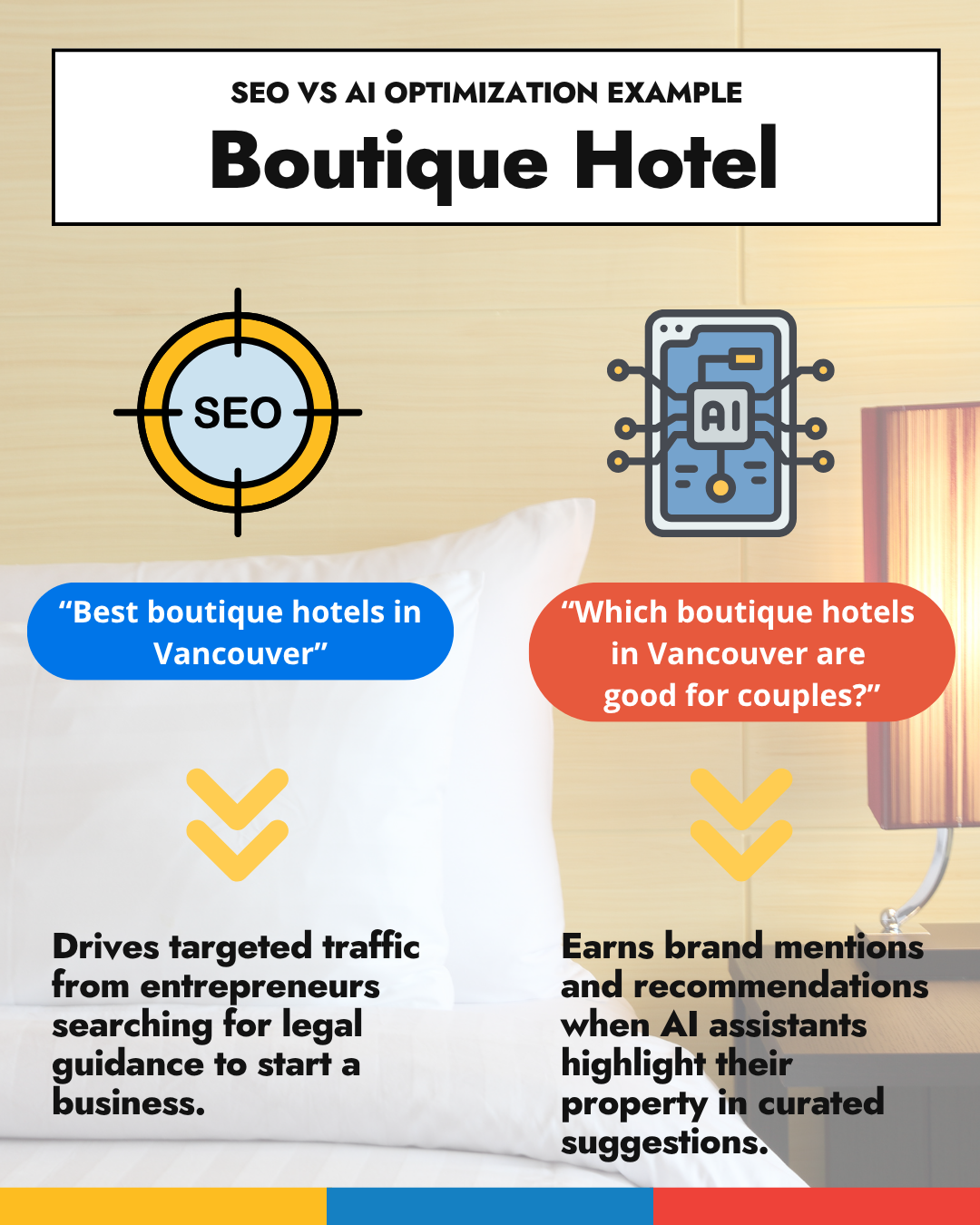
The Takeaway: SEO gets your business found in traditional search results, while AI optimization ensures your content is quoted, summarized, and recommended across new search tools. When you invest in both, your brand can reach people whether they are scrolling Google or asking AI for answers, giving you more visibility, more trust, and more leads.
Is It Too Early to Worry? Not at All and Here’s Why
AI isn’t making SEO irrelevant. It’s expanding what online visibility means.
Search is evolving, but that change brings opportunity. AI is not replacing SEO, it’s expanding the playing field. Businesses that embrace both will reach more people, show up in more conversations, and capture more leads than ever before. By combining traditional SEO with AI-centric strategies, we help your brand:
- Stay visible everywhere your customers search, from Google to ChatGPT to voice assistants.
- Speak fluently to both humans and machines, ensuring your content is structured, credible, and conversational.
- Turn evolving search habits into growth opportunities, capturing high-intent traffic and building trust even before a click.
- Future-proof your digital presence, so your website and brand continue generating leads in 2025 and beyond.
The bottom line? You don’t need to choose between SEO and AI optimization. You need both working together. That’s where we come in. Our team knows how to position your brand for today’s searches while preparing for the AI-driven future, making sure every opportunity to attract and convert customers is maximized.
FAQs About AI Optimization and SEO
Need Some Extra AI SEO Help?
Most businesses don’t need a brand-new strategy, but they do need to broaden their approach: success today means being discoverable everywhere your future customers ask questions, not just in search engines. This shift isn’t cause for panic, but it is a call to action.
Want to be a business that adapts by optimizing for both search engines and AI-powered platforms? Connect with our SEO team and we’ll walk you through what it means to be positioned to earn trust and attract new leads as search habits evolve.
Carissa Krause
Carissa Krause is a Digital Marketing and Project Specialist at 1st on the List. Over the last 13+ years she has worked in our Abbotsford office with clients on a wide range of projects that include areas like local SEO, project reporting, backlink profile review, content development, strategic planning, and more. Whatever the project may be Carissa focuses on achieving greater efficiencies and putting plans into action. When away from her desk you’ll likely find her drinking all the coffee while sitting on the floor driving cars with her three young boys.
Don’t miss out – get newest posts straight to your inbox!
Partner With Us. Get More Leads.
Stop trying to do it all on your own – reach out to our team and we can discuss marketing strategies that are best suited for your business!
[NO HASSLE, NO PRESSURE, NO WORRIES – JUST MEANINGFUL INSIGHTS]


